Fuel System/Emissions
Sensors (O₂, or oxygen, sensor), emission-control devices (includes EGR), fuel-injection system, fuel gauge/sender, fuel pump, problems filling up the tank.
What Owners Say
"Fuel pump was subject of a recall."
Anonymous, CA (2018 Honda Accord Hybrid Hybrid 2.0-L 4 Cyl hybrid)"Car lost propulsion on freeway. Fuel Pump had a recall. The fuel pump was replaced and no problems since."
Anonymous A., WA (2018 Honda Accord Hybrid Hybrid 2.0-L 4 Cyl hybrid)"This was a Honda safety recall. The work done involved replacing an improperly molded impeller. I did not experience any of the potential problems listed."
Anonymous, CA (2018 Honda Accord Hybrid Hybrid 2.0-L 4 Cyl hybrid)"The fuel pump was cutting out while driving and became a recall issue."
Anonymous, 99 (2018 Honda Accord Hybrid Hybrid 2.0-L 4 Cyl hybrid)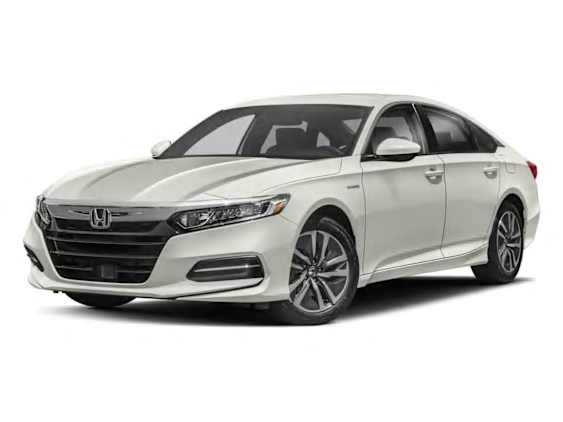
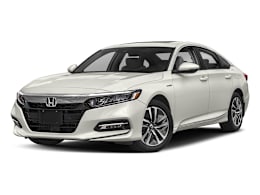
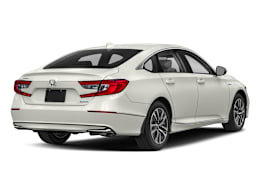
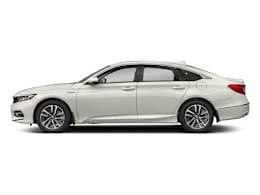
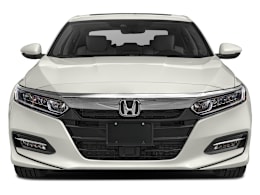
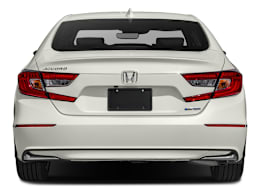
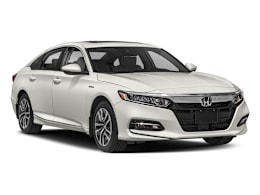
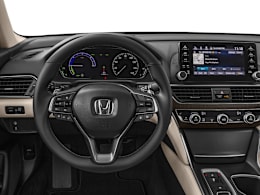

""The vehicle began sputtering and losing acceleration on the freeway in 2020. A recall was issued, however, Honda did not have the recall replacement yet. Per the danger of stalling on a congested, high-speed freeway, Honda replaced it with a version of the original, recalled fuel pump last year. So far, it has help up.""
Anonymous, CA (2018 Honda Accord Hybrid Hybrid 2.0-L 4 Cyl hybrid)